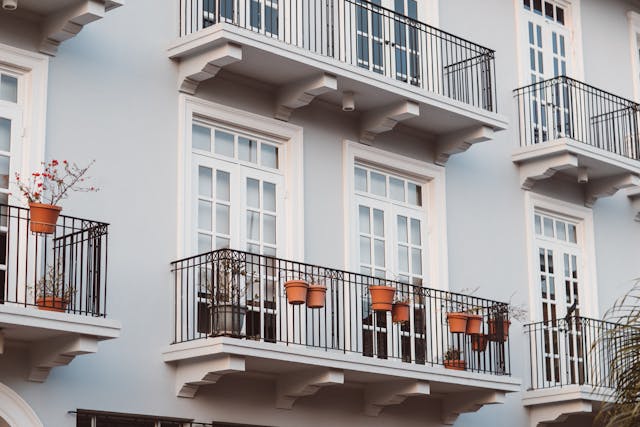Effective property maintenance is essential for preserving asset value, ensuring tenant safety, and complying with regulatory obligations in Victoria, Australia. Whether you’re a landlord, property manager, or part of an Owners Corporation, adopting best practices in maintenance helps prevent costly repairs, improves tenant satisfaction, and ensures compliance with the Residential Tenancies Act 1997 (Vic) and relevant building codes.
1. Preventative Maintenance
The cornerstone of good property management is preventative maintenance. Regularly servicing systems such as HVAC, plumbing, electrical, and roofing prevents small issues from escalating into major problems. In Victoria’s varied climate, it’s especially important to check drainage, gutters, and heating systems before winter to prevent water damage and heating failures.
2. Scheduled Inspections
Conducting periodic inspections—typically every 6 to 12 months for rental properties—helps identify wear and tear, unauthorised modifications, or safety hazards. For strata properties, common areas should also be checked regularly. These inspections should be documented with photos and notes for accountability and future reference.

3. Responsive Repairs
Addressing maintenance requests promptly builds trust with tenants and occupants while ensuring compliance with legal obligations. In Victoria, urgent repairs (such as a gas leak, burst pipe, or dangerous electrical fault) must be addressed immediately. Delays can result in compensation claims or penalties from regulatory bodies like Consumer Affairs Victoria.
4. Qualified Trades and Compliance
Always engage licensed and insured tradespeople for electrical, plumbing, and structural work. This ensures quality workmanship and protects the owner from liability. Additionally, make sure all maintenance activities comply with the Building Code of Australia, Essential Safety Measures (ESMs) requirements, and local council regulations.
5. Record-Keeping
Maintain clear records of all maintenance activities, including invoices, inspection reports, warranties, and communication with tenants or owners. This is essential for audit trails, tax deductions, and dispute resolution.
6. Budgeting and Planning
Property owners and Owners Corporations should maintain a sinking fund or maintenance reserve to plan for major future expenses like repainting, roof replacement, or lift upgrades. Having a long-term maintenance plan improves financial predictability and asset management.
By implementing these best practices, property stakeholders in Victoria can ensure their properties remain compliant, safe, and attractive for years to come. Proactive, well-documented maintenance isn’t just good practice—it’s a smart investment.
If you are thinking about changing your strata manager then read why Integrity Group Strata Management should be your next strata manager.


